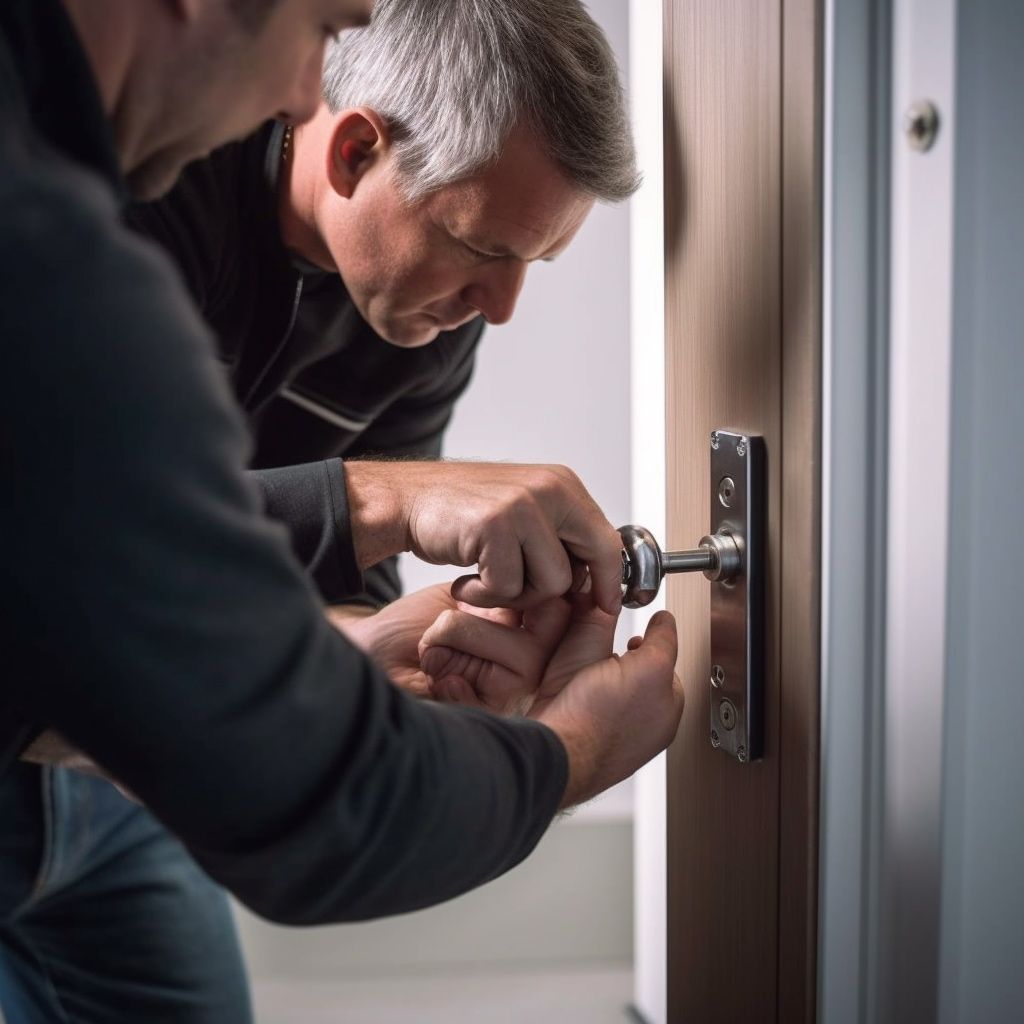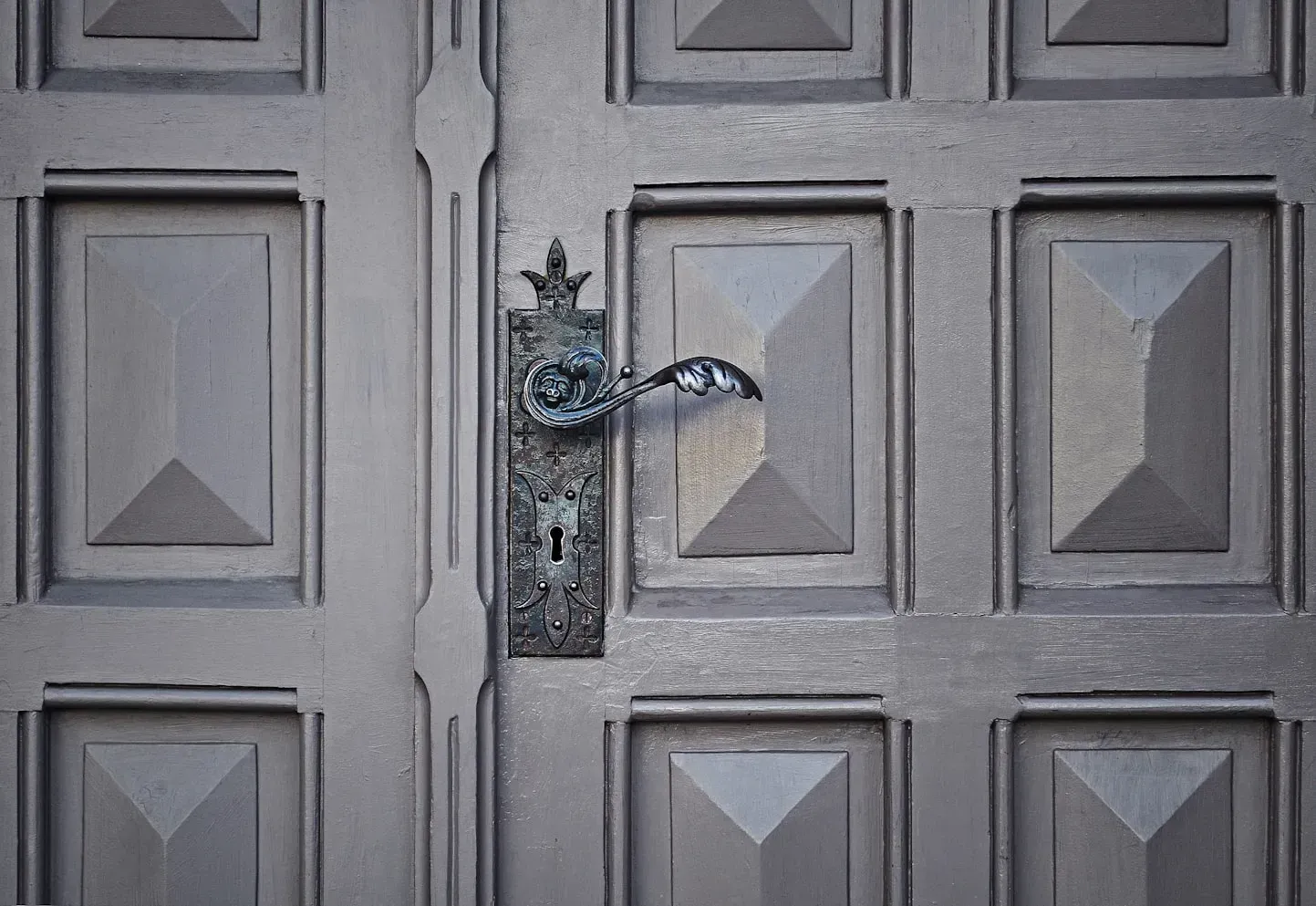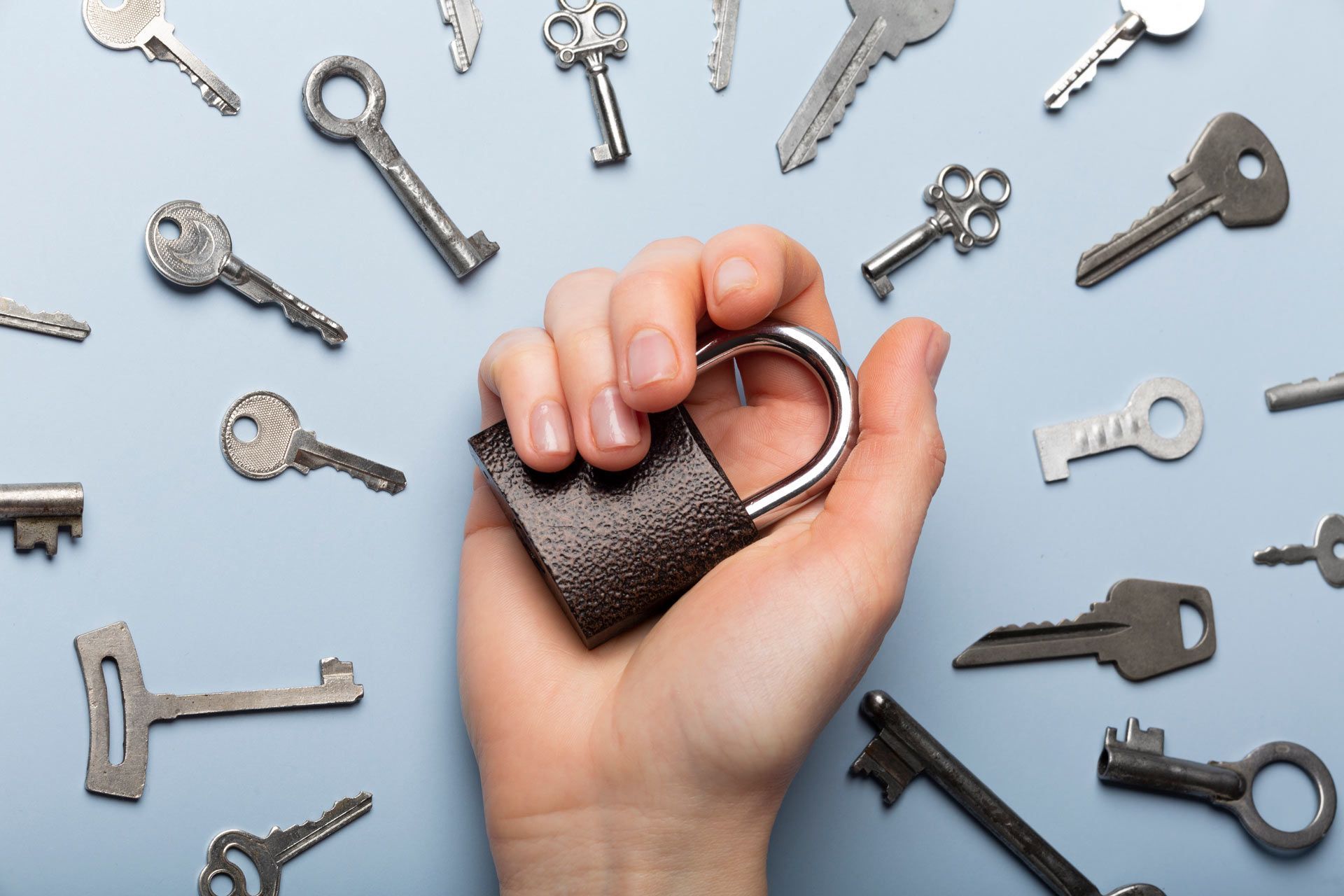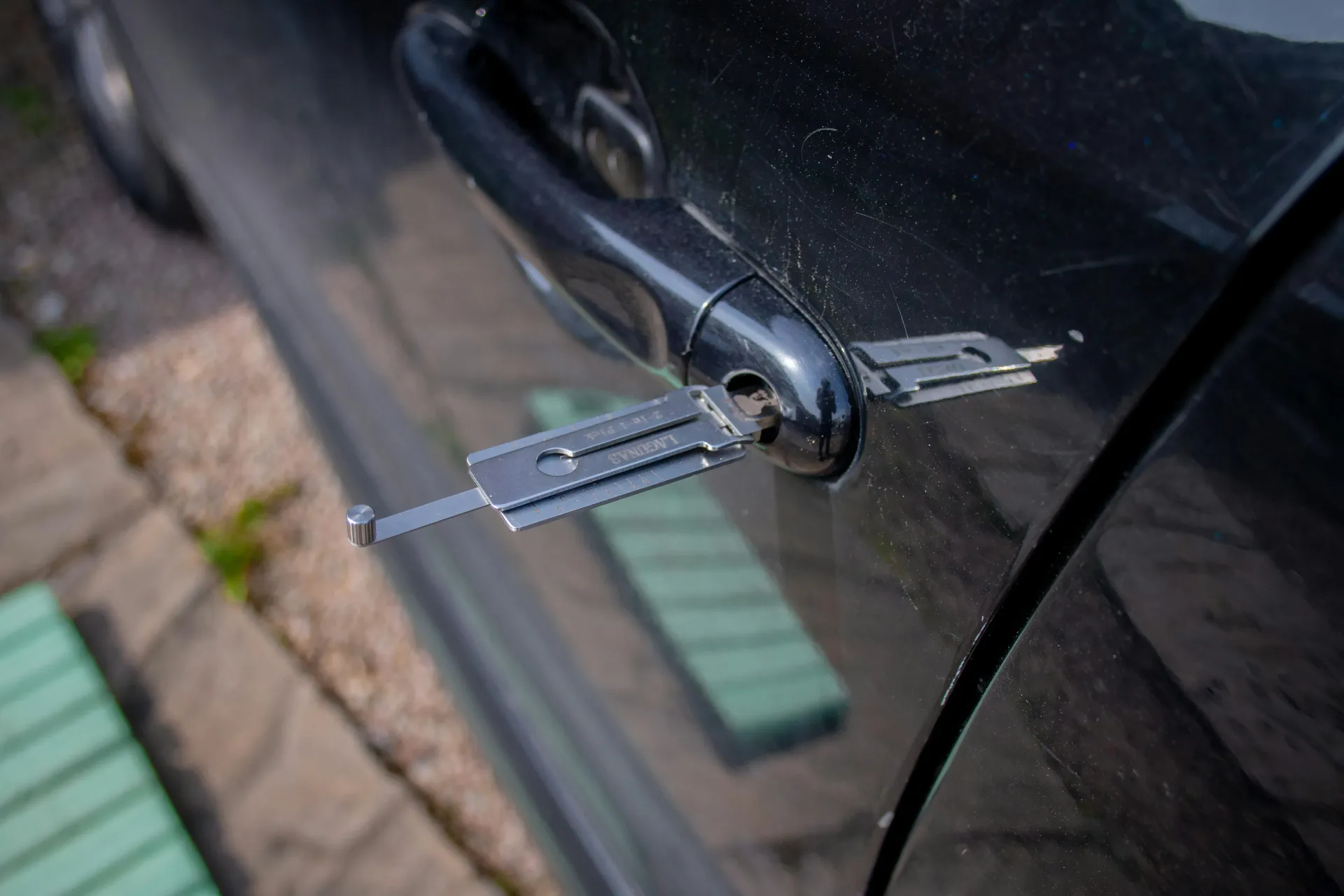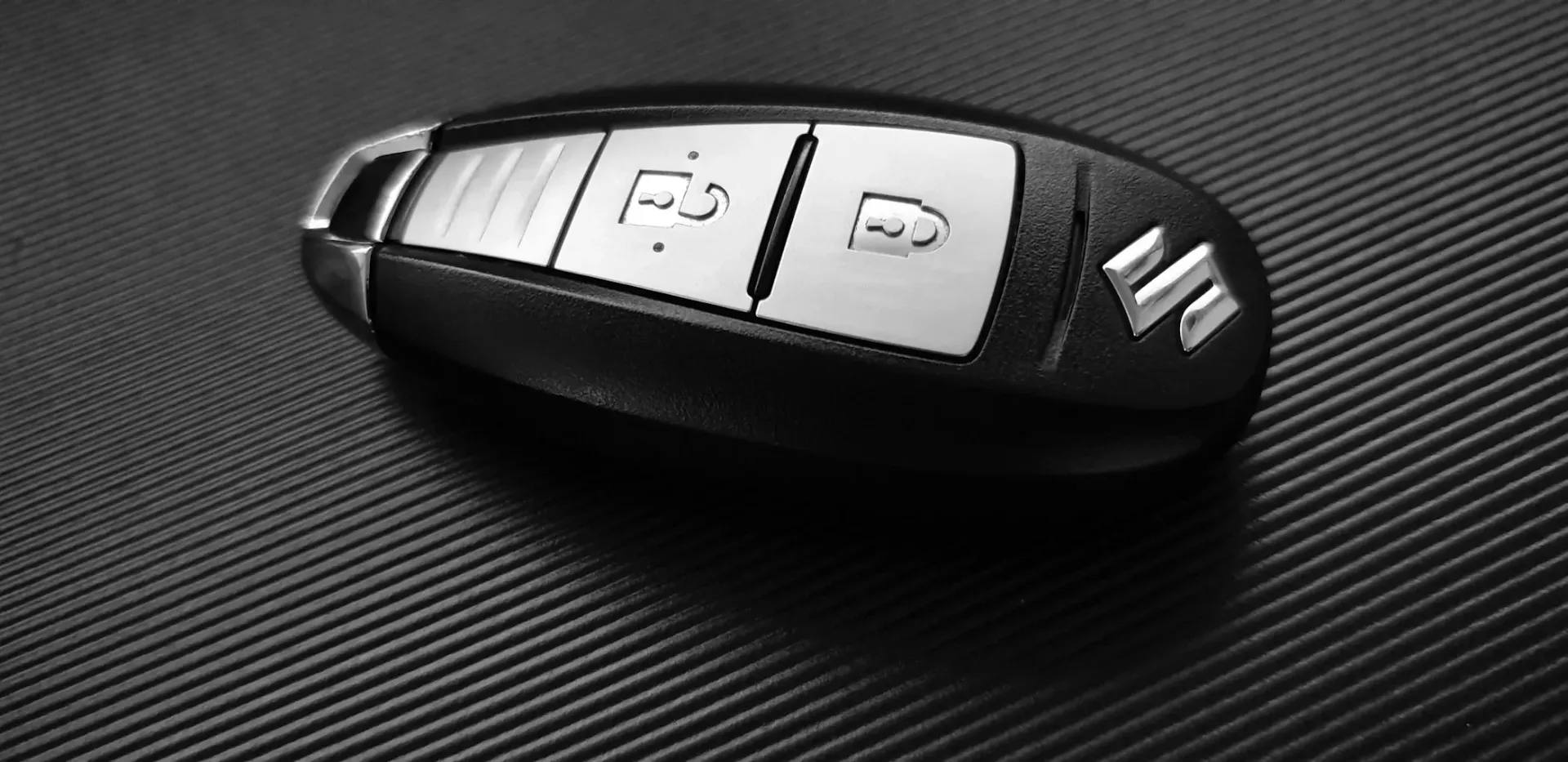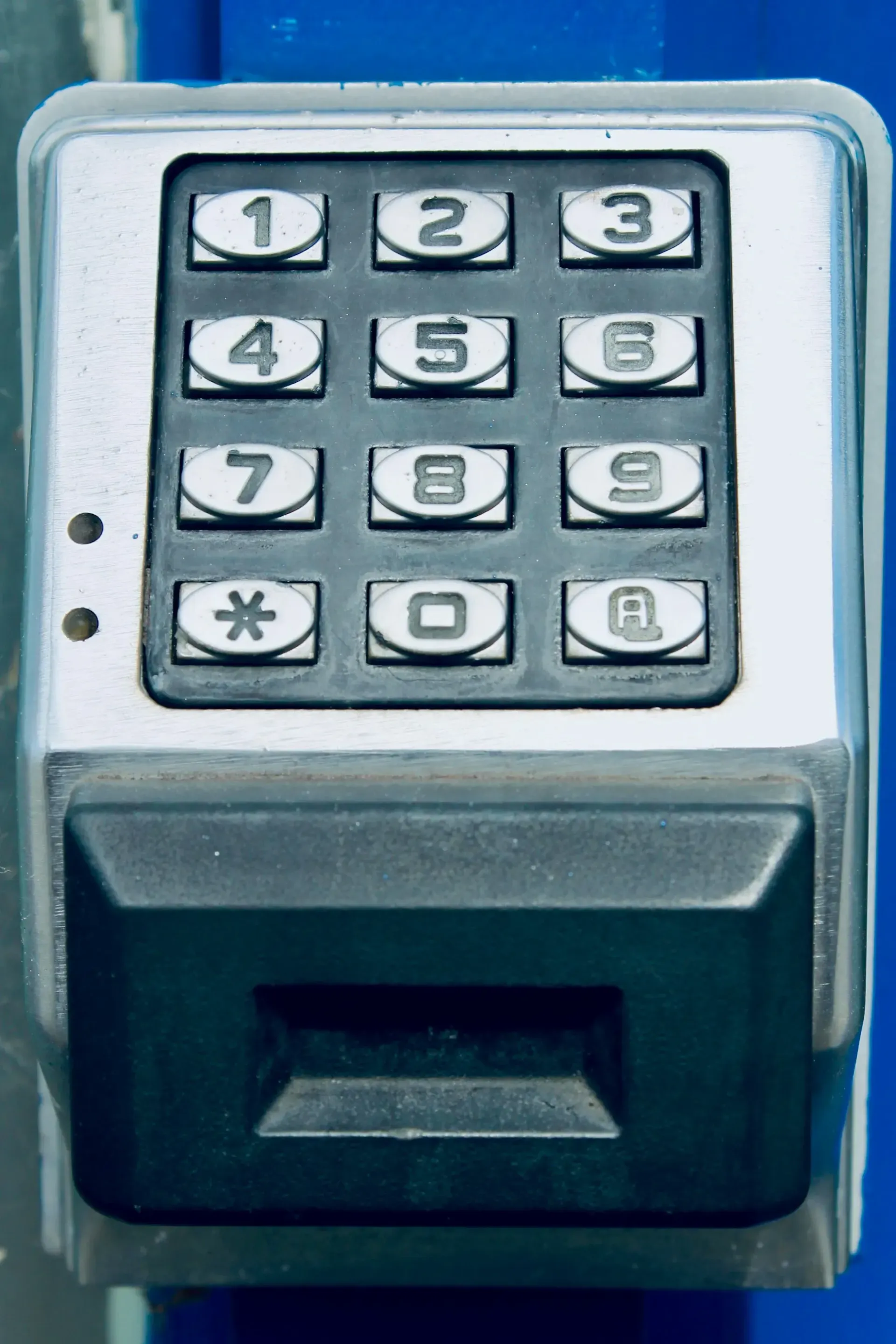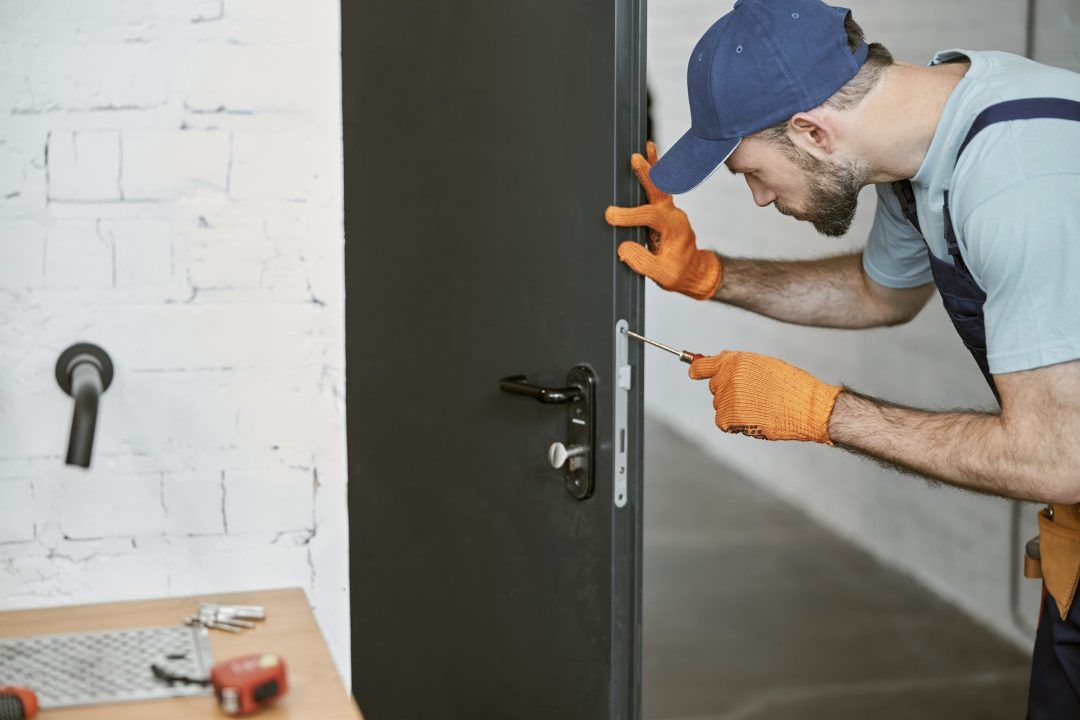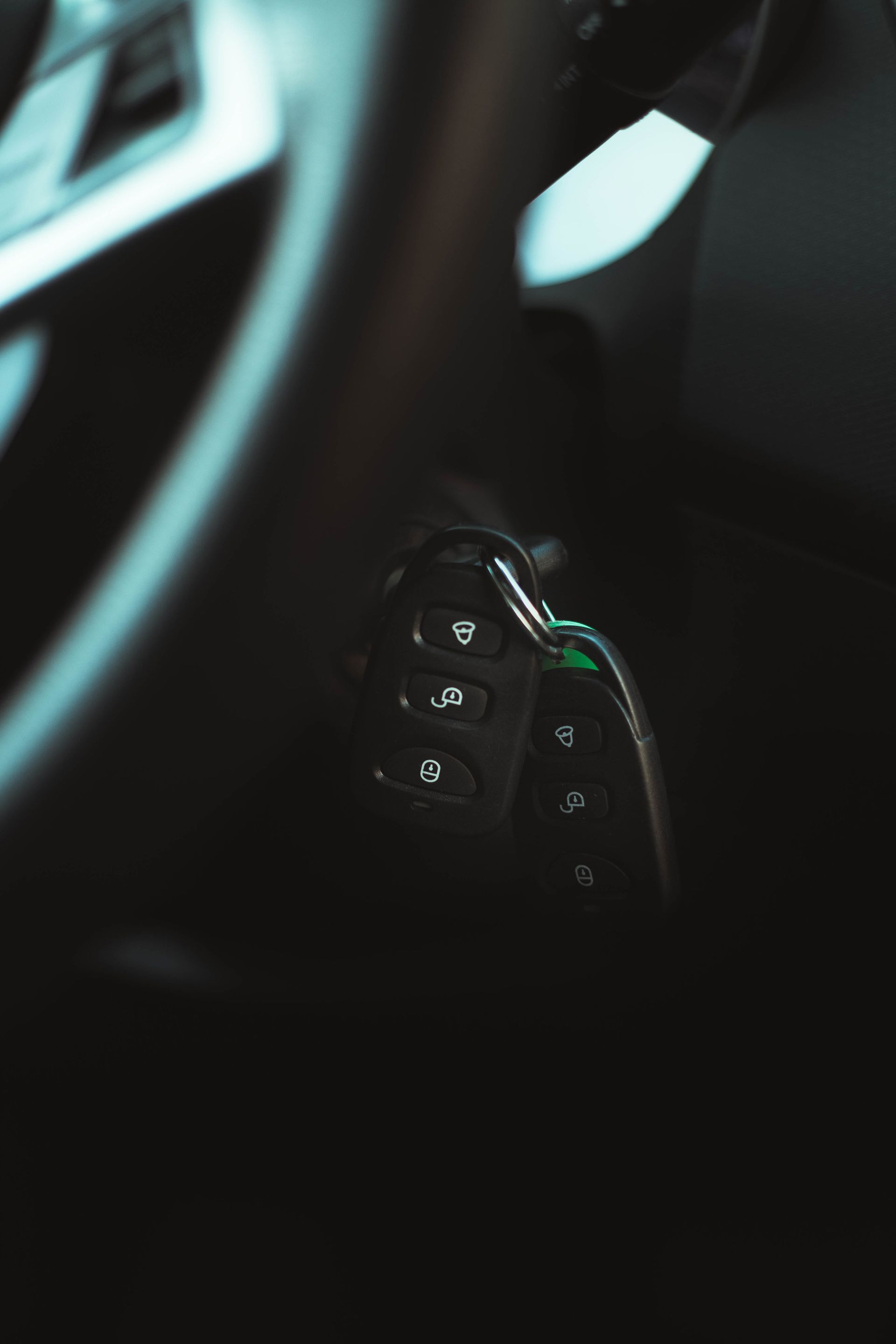Locksmith New Port Richey: Secure Your Property Without Having to Replace Your Lock by Rekeying
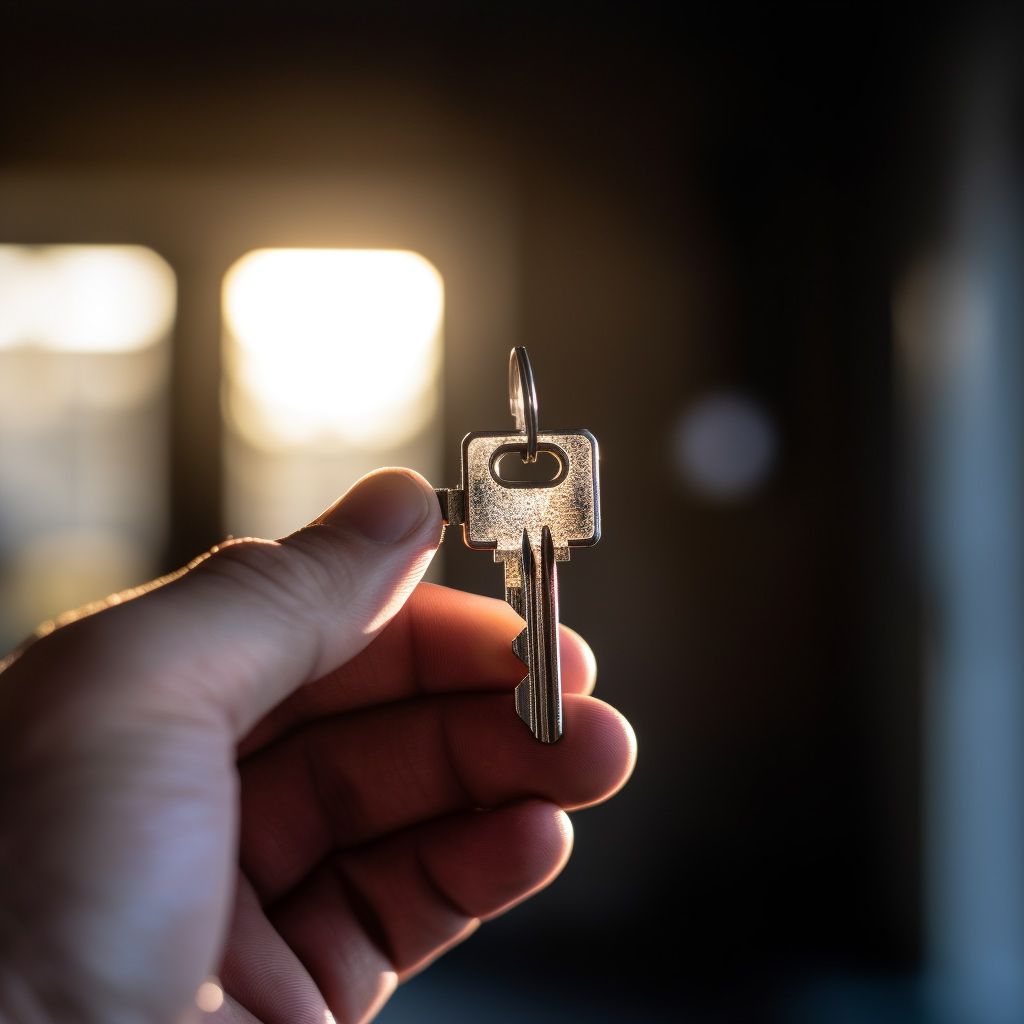
“How can I secure my place without having to replace my lock?”
You can secure your place without having to replace your lock by: rekeying!
It provides the same sense of security with usually cheaper costs!
And luckily, you can easily find a locksmith in New Port Richey through Google Search.
But first, what is rekeying and what else should we know about it?
And that… is what this blog is about.
What is Rekeying?
It is a process done by a locksmith, of altering the lock mechanism. It only changes the internal components, leaving the exterior untouched. By doing so, you can operate the lock with a new key without the need to get a new entire lockset.
However, you should seek professional advice whether to get a new lock or rekey when you have noticed that your lock has begun to deteriorate.
Why Should I Rekey: Importance of Rekeying in Security
The need for safety or self-preservation is a natural instinct and is paramount for peace of mind. Rekeying your locks can definitely make you sleep soundly without the expense of a new hardware. It also ensures that the old keys can no longer be used to access your property.
Basic Difference between Rekeying and Changing Locks
While rekeying is the process of altering the lock mechanism to fit a new key, changing locks necessitates replacing outdated locksets with new hardware. Rekeying a lock is typically a faster and less expensive security solution than replacing the entire lock.
When to Rekey Your Locks
Since the purpose of rekeying is for security at a lesser expense, it is important to know when exactly to rekey locks so we don’t have to spend extra when we don’t need to.
After Moving into a New Home
This would put a stop to your worries about any keys that can be used to access your house by the previous tenant or homeowner.
Post Burglary or Attempted Break-in
If the culprits have made their way in, there is a possibility that they have made copies. It is important to rekey to restore security after a break-in.
Lost or Stolen Keys
We don’t want to be surprised by an unauthorized entry. If you have lost or had your keys stolen, it is wise to rekey locks immediately.
To Establish a Master Key System
Businesses often use rekeying to create a master key system that allows different keys to operate the same lock for hierarchical access.
After Renting out a Property
Rekeying is a good practice between tenants for the new occupants so that past tenants can’t enter uninvited.
Advantages of Rekeying
Cost-Effectiveness
As mentioned earlier, if we haven’t emphasized enough how you can save a lot by rekeying instead of purchasing a new lock. It only requires fewer tools to have it done and less labor.
Enhanced Security
By updating the lock mechanism to fit a new key, it would instantly upgrade your security.
Convenience of Having a Single Key
Have you thought of rekeying, using only one key for all your locks? It’s possible. You can reconfigure multiple locks to be operated by a single key for convenience.
Quick Process Compared to Lock Replacement
If you don’t have time to drop by the nearest hardware to buy a new lock, or can’t wait for the lock to arrive from an online store, rekeying is the best choice. It can be done quickly.
Choosing a Rekeying Kit
Different Types of Kits Available
There are various rekeying kits available tailored according to the type of lock you have. You can also choose from different brands.
Understanding Lock Brand Compatibility
Take note of your lock’s brand and model when selecting a kit. This is to ensure a smooth rekeying process.
Contents of a Standard Rekeying Kit
A standard kit typically includes key pins, tools, and detailed instructions. Higher-end kits may also offer extra tools for more complex jobs.
Tips: What to Consider When Buying a Rekeying Kit
When buying a rekeying kit, consider the frequency of use, the variety of locks you'll service,
and whether the investment in tools will be cost-effective compared to hiring a professional.
The Rekeying Process
Again, there are a lot of rekeying kits that you can buy if you want to do it yourself. You can choose to DIY or call a locksmith. The following are steps you can do for DIY, these steps are what you can expect to be done for rekeying.
Step-by-Step Rekeying
Removing the Doorknob or Deadbolt
To start, you'll need to take out the doorknob or deadbolt from the door. This can be done using a screwdriver or a specialized tool provided by the manufacturer.
Disassembling the Lock Mechanism
The next step involves carefully disassembling the lock cylinder to access the pin and tumbler setup. This requires precision to ensure the locking mechanism remains intact.
Removing the Old Pins
Gently eject the old pins, which correspond to the pattern of the old key. These pins will be replaced to match the new key.
Inserting New Pins
Insert the new pins into the cylinder, aligning them to match the configuration of the new key. This step is crucial, as the new pins will determine which key can unlock the lock.
Reassembling the Lock
Carefully reassemble the lock by putting all the components back in their original positions. This ensures that the lock will function smoothly with the reconfigured key.
Tools Required for Rekeying
Typical tools used for rekeying include a key decoder, pinning tweezers, a pinning block, various sizes of pins, and a follower to remove and insert the plug.
DIY Rekeying vs. Professional Rekeying
DIY rekeying kits can be easily bought for individuals who want to do it themselves. Nonetheless, the pros have the expertise and experience to avoid errors that could compromise the security and functionality of the lock.
The Role of a Professional Locksmith in Rekeying
When to Call a Professional
While DIY kits can be utilized for a quick fix for the handy, there are times when calling a professional locksmith is advisable. Particularly when handling high-security locks as precision is definitely significant.
Abovementioned in tips in buying a rekeying kit, consider frequency of use. If you lack proper tools to do it on your own, calling a locksmith may cost you less than acquiring all the tools needed.
Services Offered by Locksmiths for Rekeying
Professional locksmiths offer a comprehensive rekeying service, ensuring that your locks are updated with minimal fuss. They can also offer master keying, key cutting, and security consultations.
Estimating the Cost of Professional Rekeying
Costs can vary based on the number of locks, the type of lock mechanisms involved, and the urgency of the service. Most locksmiths will provide a quote based on an assessment of your rekeying needs.
Verifying the Credibility of a Locksmith
To ensure you receive quality service, verify the locksmith's credentials. Look for licensing, insurance, reviews, and professional affiliation with locksmith associations.
Safety and Security Tips
Maintaining Locks Post-Rekeying
Regular maintenance is key to ensuring locks remain in good working order post-rekeying. This includes periodic inspections and lubrication as required.
Best Practices for Key Management
Develop a secure key management policy: issue keys sparingly, track who has them, and ensure keys are returned or accounted for when staff or household members leave.
Additional Security Measures Besides Rekeying
Consider incorporating additional security measures such as deadbolts, security cameras, alarm systems, and motion sensor lighting to complement rekeying efforts.
Educating Family Members on Security
All family members should be educated about security practices, including the importance of not sharing keys and reporting lost keys immediately.
Legal and Ethical Considerations in Rekeying
Landlord Responsibilities and Rights
Landlords must ensure tenant safety by maintaining the integrity of the locks. They also have the right to access their properties, provided they give tenants proper notice as per state laws.
Tenant Rights Regarding Locks and Keys
Tenants have rights to secure premises, which means landlords must provide functioning locks and keys. Tenants can also request rekeying under certain circumstances.
Disclosure Requirements Following Rekeying
After rekeying, certain disclosures may be necessary. For instance, if a landlord rekeys a lock, they must provide new keys to the tenants and disclose any change in access.
Rekeying and Privacy Laws
Rekeying must always be conducted in accordance with privacy laws, ensuring that individuals' rights to privacy are not violated by unauthorized access to their property.
Future of Lock Security
Smart Locks vs. Traditional Rekeying
The advent of smart locks presents an alternative to traditional rekeying, offering remote management of access without the need for physical keys or rekeying.
Technological Advances in Lock Mechanisms
Innovations in lock technology continue to evolve, including biometric systems and locks that integrate with home automation systems.
Rekeying in the Digital Age
As digital security becomes more prevalent, the principles of rekeying are being applied to electronic access control, ensuring digital keys are just as secure as their physical counterparts.
By keeping informed about rekeying practices and engaging with professional locksmith services when necessary, individuals and businesses can significantly enhance their security posture. Understanding the wider context of rekeying, including legal obligations and the potential of emerging technology, plays a crucial role in establishing a robust security strategy for the future.
Conclusion
We've talked about how rekeying can help keep your home or business safe by changing your locks to work with new keys. It's a cost-effective way to improve security.
When it comes to security, you should think about what your property needs, what you're protecting, and the risks you might face. Whether you choose rekeying or other security options, the goal is to keep your place safe.
Don't wait for a security breach to happen before doing something. Be proactive by regularly checking your locks, knowing when to rekey, and staying updated on new security tech. It's like making an investment in peace of mind, knowing you've done what you can to protect what matters to you.
Frequently Asked Questions
We've given you a thorough guide and answered typical questions to help you understand how to keep your locks and keys secure. Keep in mind that keeping your place safe is something you need to keep doing, and knowing what to do is your first line of defense.

